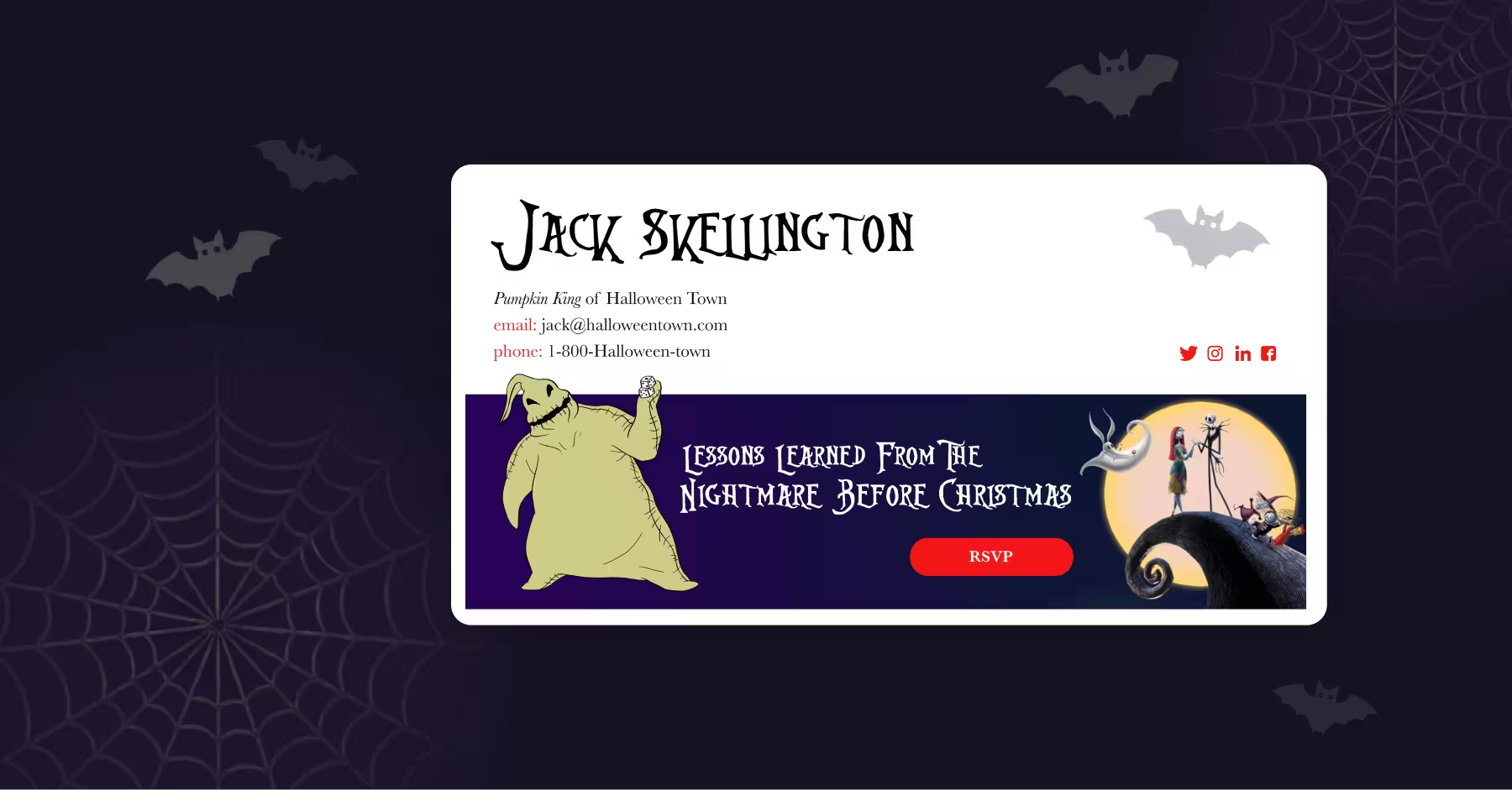
Brand Protection 101
Your business is made up of a number of different facets: your product, your customer service, and your brand, to name a few. Many business owners and marketing professionals do not leverage their brands fully. Your brand establishes your position in the market. It shapes the way people think about you. When your customers reference your business, what do they think of first?
Why is Brand Protection Important?
In an ever-evolving digital era, reputation and credibility are critical. Still, all too many marketers find themselves wondering, "Is brand protection really that important?" In short, the answer is yes and here's why:
Your brand defines the way customers think of your business. What is it that comes to mind first with regard to your business? Are you a recognizable part of your industry? Does your brand live up to its reputation? Do you know how customers think about and interact with your brand? Brand consistency is key.
Your brand's online presence will determine its credibility. When you make promises to your customers, do they trust that you'll follow through, or are they skeptical about your claims? Whether it's a delivery deadline or a new product that will handle all of your customers' needs, you want to establish a trustworthy presence your customers can count on each time.
Little mistakes can have a big impact. Online, the smallest misstep can spread like wildfire. Before you know it, everyone knows that you failed to make a customer happy, whether it was delivering a subpar product or offering poor customer service in the aftermath. For this reason, online brand protection is essential to keeping your business running smoothly.
A strong brand helps bring investors forward. Investors are more likely to trust a brand that's delivering on its promises and giving customers exactly what they ask for as appropriate. A little credibility goes a long way in helping to pave the way for future growth and stability.
Your brand presence improves employee retention. Happy employees -- particularly those who work for a company they believe in -- are more likely to stick with your company longterm. They're happier at work and more likely to be engaged, which boosts productivity and saves you from having to train and retrain new employees.
Protecting Your Brand
Now that you understand the importance of brand protection, the next question is, "How do I protect my brand?" There are several things you can do to help protect your brand and ensure that you're creating the presence you want.
Do regular checks to ensure that no one else is using your trademarks. Your brand is unique. Unfortunately, the more popular it becomes, the greater the odds are that someone will attempt to produce a knockoff product. In some cases, it can be marketed as belonging to your company, which can be confusing for your customers. Do a regular check of the industry, including key competitors.
Create a style guide and stick to it. You have a certain personality that you want associated with your brand--not to mention specific trademarks. A solid style guide will help make sure everything is in line -- including how employees should communicate to what email signatures should look like and more. Your style guide can be as specific or as vague as you like; however, when you include elements like your colors, logos, and what tone should be used in various communications, it makes it easier for employees, vendors, and the like to follow and enforce.
Evaluate your online presence regularly. You can't control what customers post about you online. You can, however, control how your business responds to it. Knowing what's out there is a great first step. Regularly evaluate social media channels, reviews found on Yelp or Google, and any other locations your customers regularly visit online. When you see negative reviews, respond in a professional and courteous manner. Every customer will not be 100% satisfied, but you can increase the odds that they'll ultimately find what they're looking for in your business.
Your online presence isn't something that you treat lightly, and your email signature plays a big role in that. Want to learn more about how to use employee email signatures as part of your brand protection strategy? Give us a shout.


.svg)



.svg)



